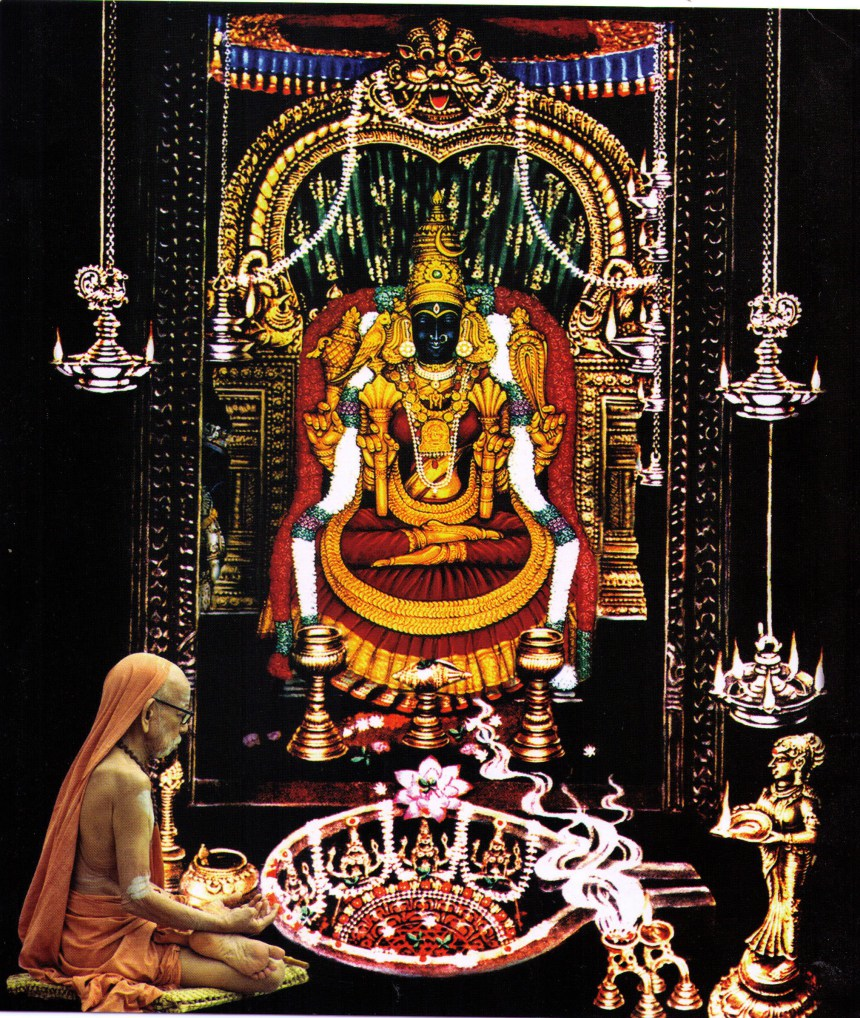Jatakarma, namakarana, annaprasana and caula are common to all jatis. Only Brahmins, Ksatriyas and Vaisyas have the upanayana ceremony. There is nothing discriminatory about this nor need there be any quarrel over the same. People belonging to the fourth varna do physical work to serve the world and in the process acquire inner purity. They will gain proficiency in their hereditary vocations only by learning them from their parents or grandparents. They do not require gurukulavasa over some twelve years [as in the case with Brahmins] nor do they have to learn the Vedas. If so their work will suffer.
Upanayana is the first step taken towards gurukulavasa. When a boy learns the Vedas he must have no ego-feeling. At home he has a lot of freedom. His father will not be able to discipline him because his affection will come in the way. That is why the child is to be brought under the care of a guru. Vocations that require physical effort are different from the pursuit of the Vedas. There is no room for intellectual arrogance in them or for the nursing of the ego. So such work may be taught at home by the father or some other elder in the family.
Those who serve by doing manual work do not require to go through upanayana or gurukulavasa. Certain special skills or the finer aspects of an art or craft that cannot be taught at home may be learned from a Brahmin teacher. The Brahmin is expected to be proficient in all arts, all subjects, but none of these is meant to be a source of his livelihood. His vocation is teaching and the chanting of the Vedas and the performance of Vedic rites.
There is a relationship between the samskaras described for a man and his vocation and mental outlook. So it would be wrong to think poorly of certain jatis who do not have to perform certain samskaras. You may think it strange, but it is my view that it is those who have to undergo more samskaras than others that must have been thought of poorly. The idea is that these people need more rites to be rendered pure. Others are not in need of so many to be cleansed within. The larger the dose of medicine taken by patient the greater must be his affliction.
None excels the sages in impartiality. They do not talk glibly like us of equality but they are truly egalitarian in outlook since they look upon all as one with Isvara. The conduct of the world's affairs is such that it requires people following different vocations, doing different jobs and with different mental qualities in keeping with them. It is in conformity with these differences and dissimilarities that the sages assigned the samskaras also differently to different people. There is no question of high or low among them.
It is in observance of the same principle that the sastras lay down upanayana for the first three varnas (Brahmins, Ksatriyas and Vaisyas) and also certain samskaras connected with it.

